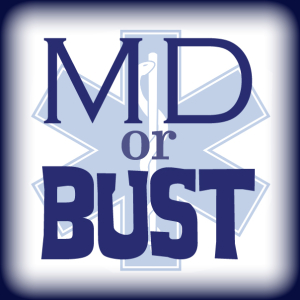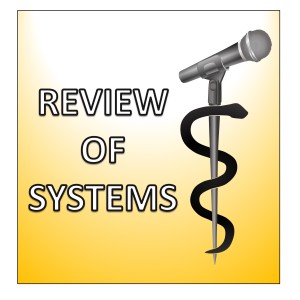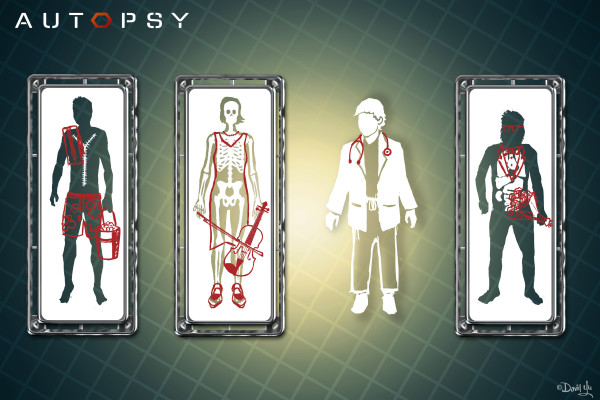I went through medical school without experiencing the death of a patient I had personally cared for. In contrast to what may be seen on the trauma service, my surgery clerkship was full of routine procedures: appendectomies and cholecystectomies, port placements, excisions of pilonidal cysts, and miscellaneous “ditzels,” as pathologists may refer to them as. Sure, I have had patients who were quite sick and did not have much time left to live. For example, I once performed a neurologic exam on a comatose teenager in the ICU, whose arteriovenous malformation had bled wildly out of control despite prior neurosurgery. But with the constant shuffling of rotations that medical students must endure, I was always in and out of patients’ lives before they had a chance to leave mine.





